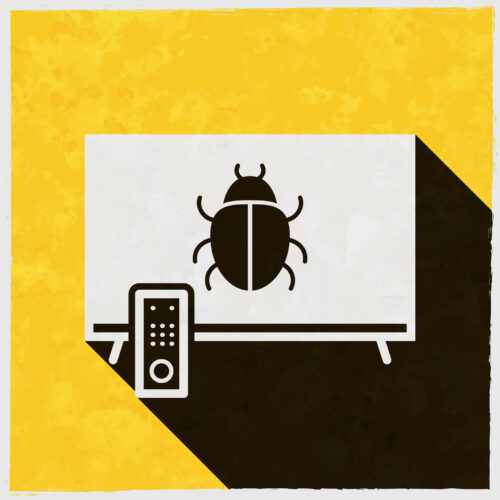22 states sue to block new NIH funding policy—court puts it on hold

By contrast, the states argue, there’s no significant foundation for the 15 percent indirect rate. “The Rate Change Notice is arbitrary and capricious in, among other ways, its failure to articulate the bases for the categorical rate cap of 15 percent,” the suit alleges, “its failure to consider the grant recipients’ reliance on their negotiated rates, and its disregard for the factual findings that formed the bases for the currently operative negotiated indirect cost rates.”
The NIH announcement suggests that the process of deciding on the 15 percent rate involved checking the indirect rates of a handful of private foundations. The states are alleging that this fails to make the policy any less arbitrary or capricious.
Should the judge decide that the new NIH policy isn’t a federal rule governed by the Administrative Procedures Act, however, the states have a backup. As mentioned above, the first Trump administration had tried to slash indirect cost rates back in 2017. In response, the Democratic-controlled Congress of 2018 managed to attach a rider to an appropriations bill that prevented the NIH from spending any money to develop or implement any policy that alters the then-present system of determining indirect cost rates. That rider has remained in effect ever since, which suggests that, merely by announcing the new policy, the NIH has spent some of its budget in a manner specifically prevented by law.
Remedies
The states were seeking a number of forms of relief. These include formally declaring the new policy a violation of the Administrative Procedures Act and hitting it with a temporary injunction. In a different suit, an injunction had been granted against a different Trump administration policy, only to see the policy continued under a different authorization. Mindful of this, the states also want an injunction against similar policies being enacted in a different form or under a distinct name.
To make sure that no further action is needed to enforce the injunction, the suit asks the judge to order continued compliance reports from the NIH and the Department of Health and Human Services. Judge Kelley has agreed and ordered these reports to be delivered bi-weekly.
For a short period of time, the injunction only applied to the states that had initially sued. But a later ruling, in a similar suit filed by national medical organizations, resulted in a second injunction that pauses the NIH’s policy in all states.
Update 2/10: The story was updated to reflect the fact that an injunction was granted on the day the suit was filed.
Update 2/11: The story was updated to reflect a second injunction that applies nationwide.











